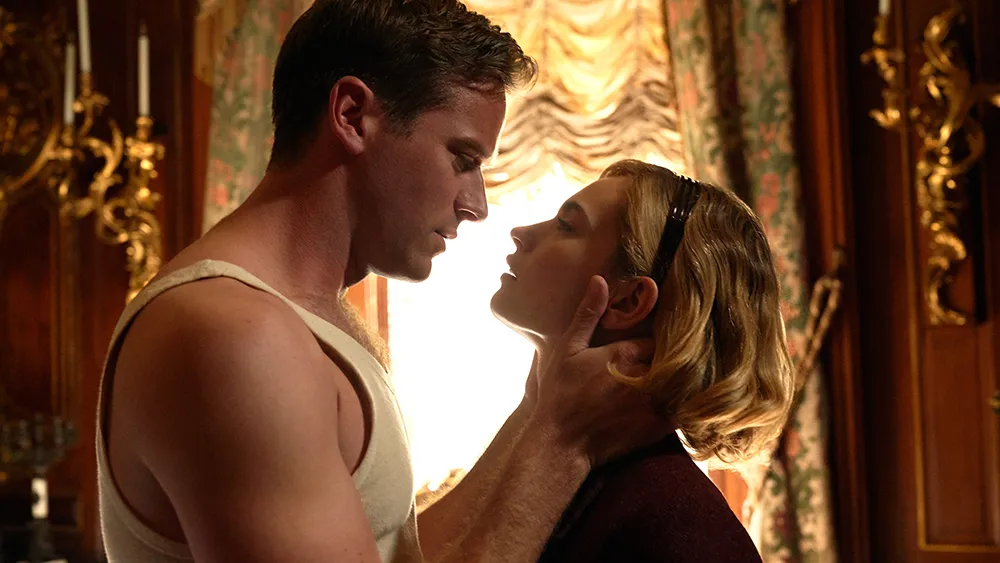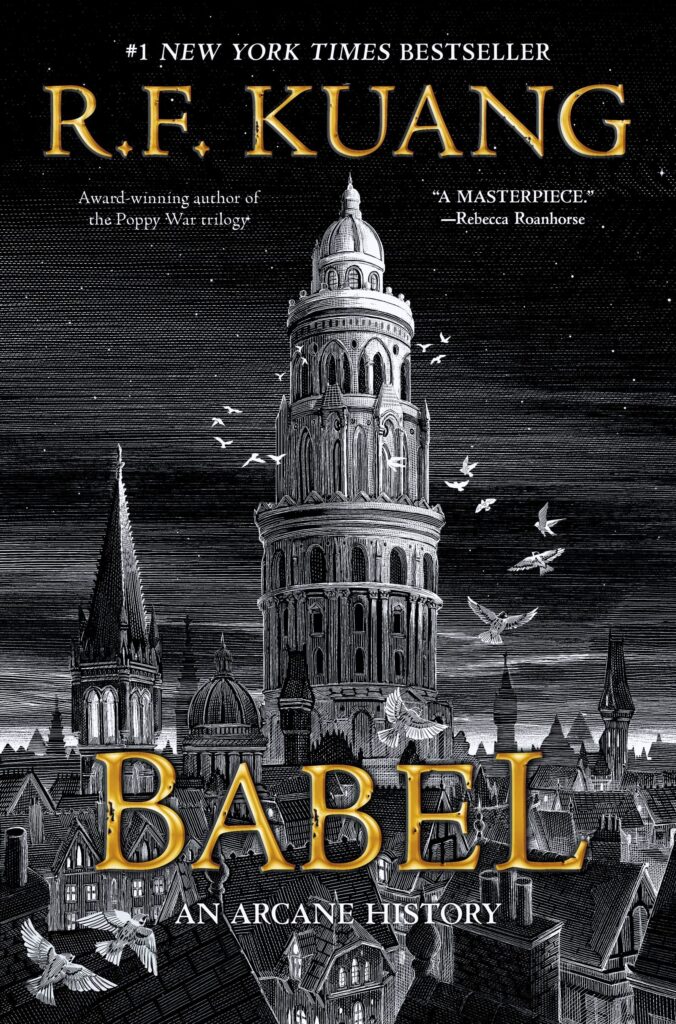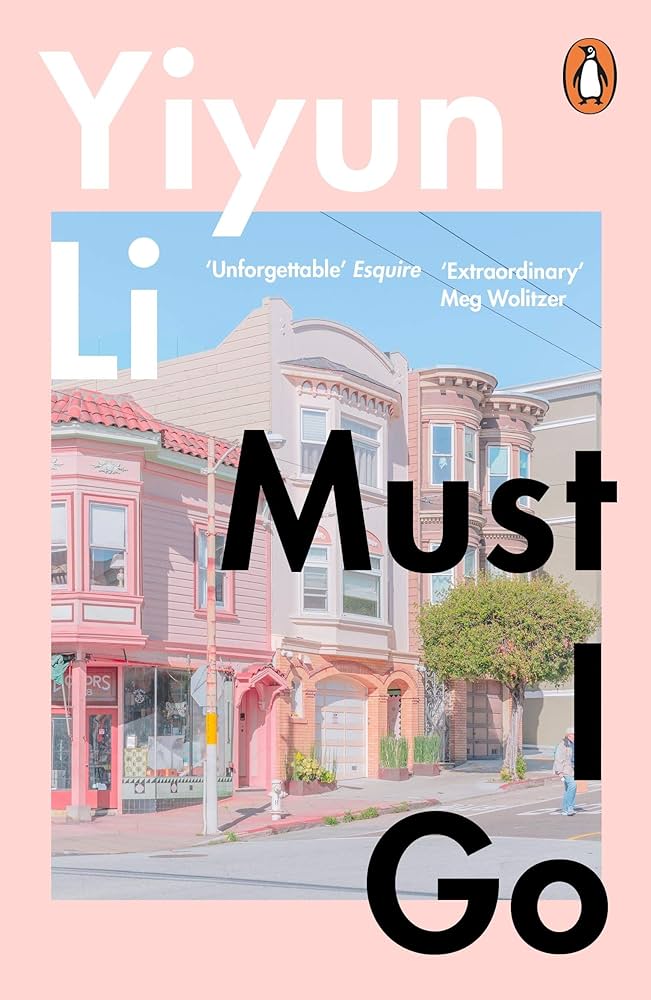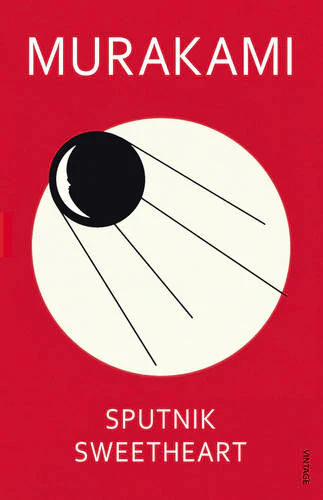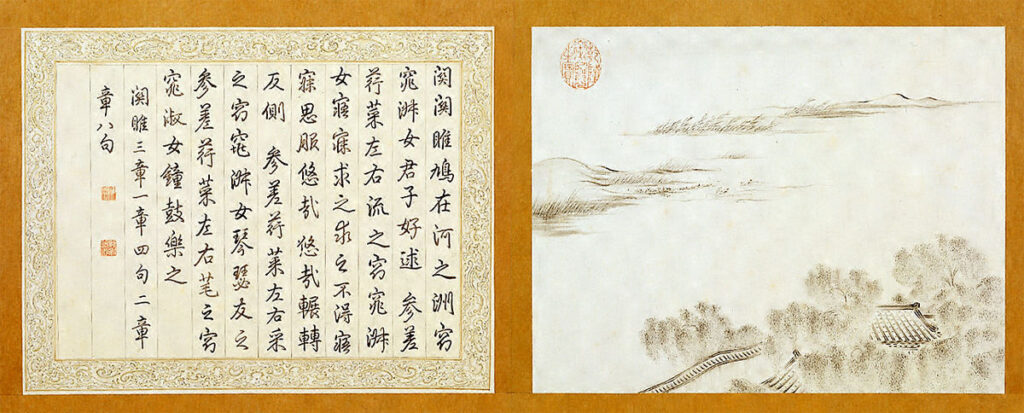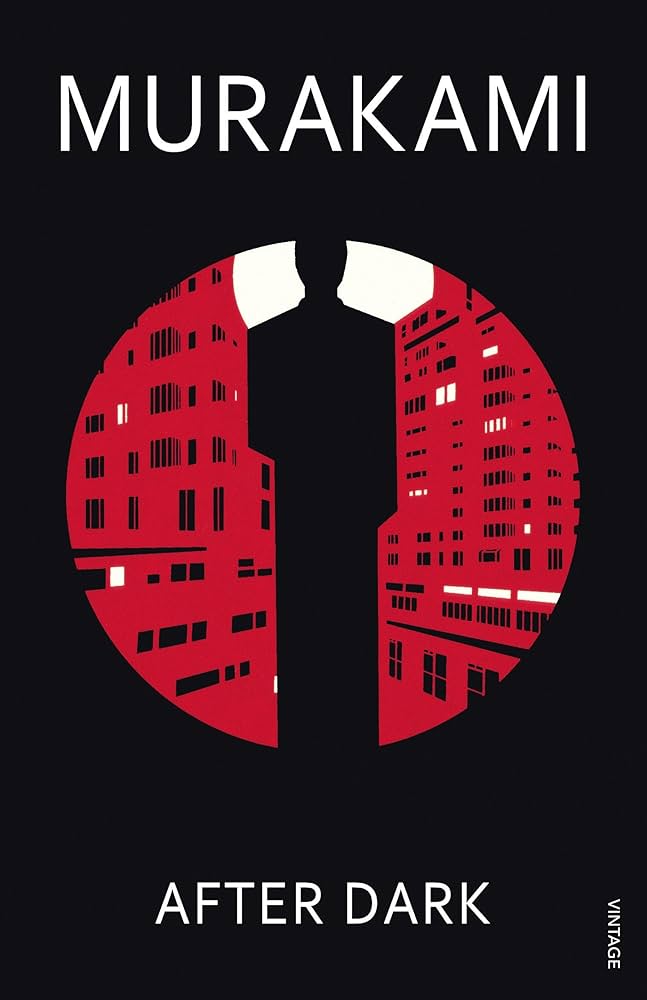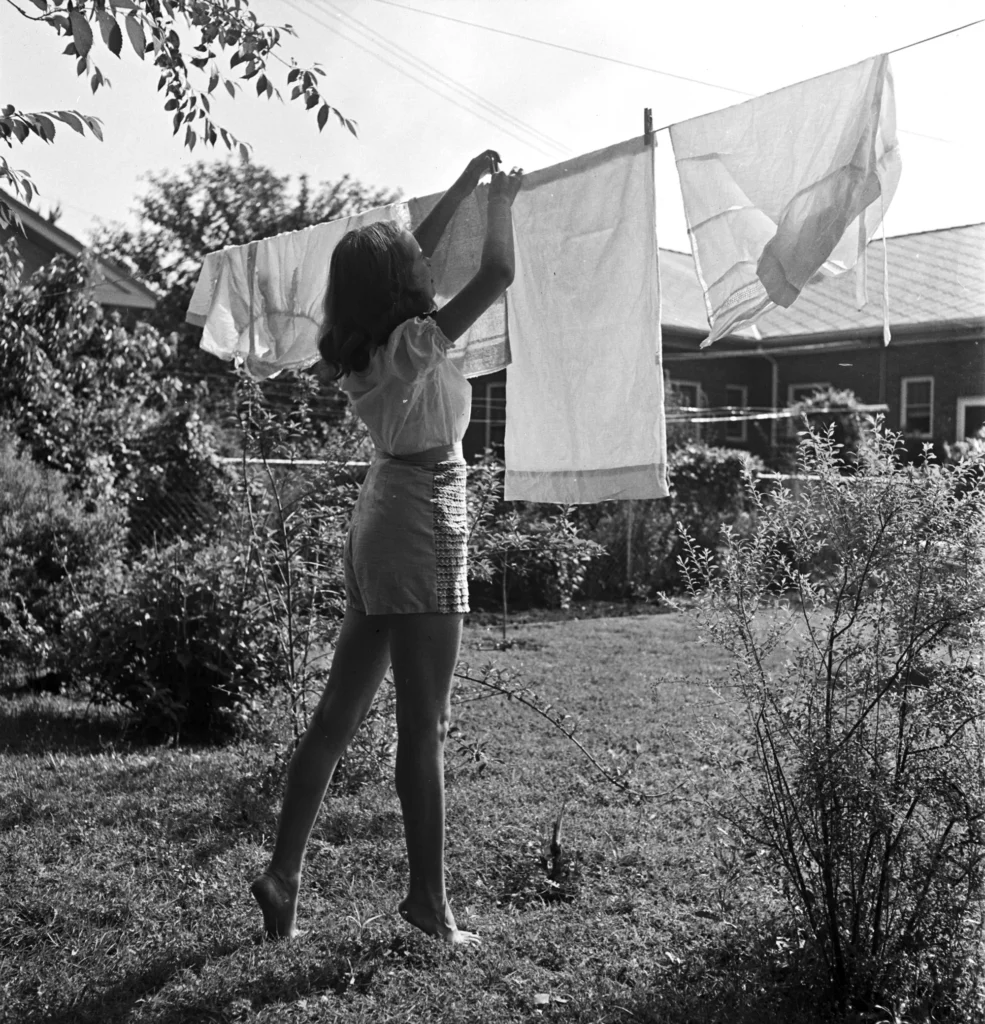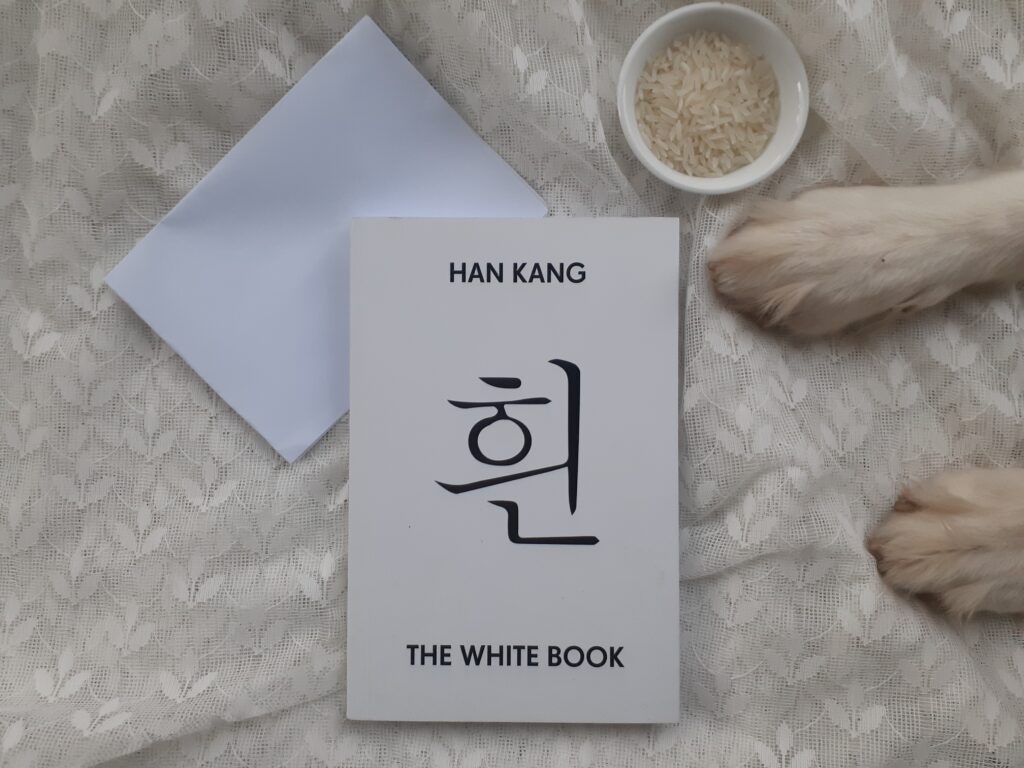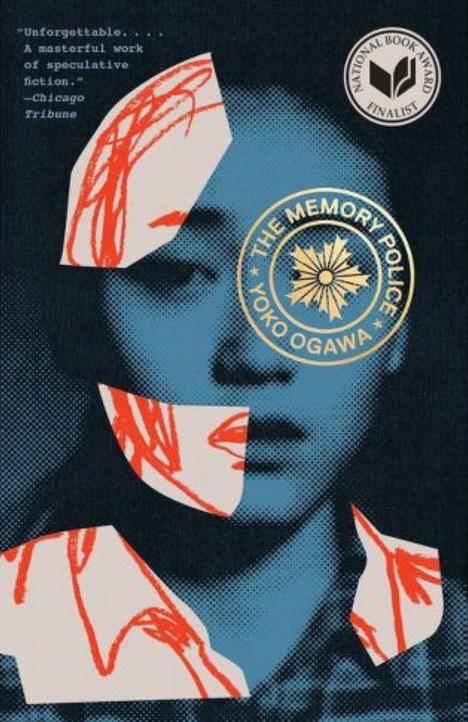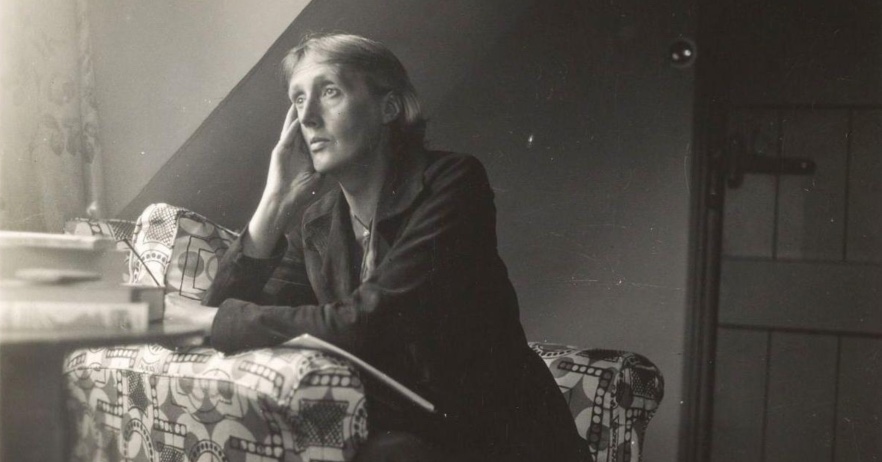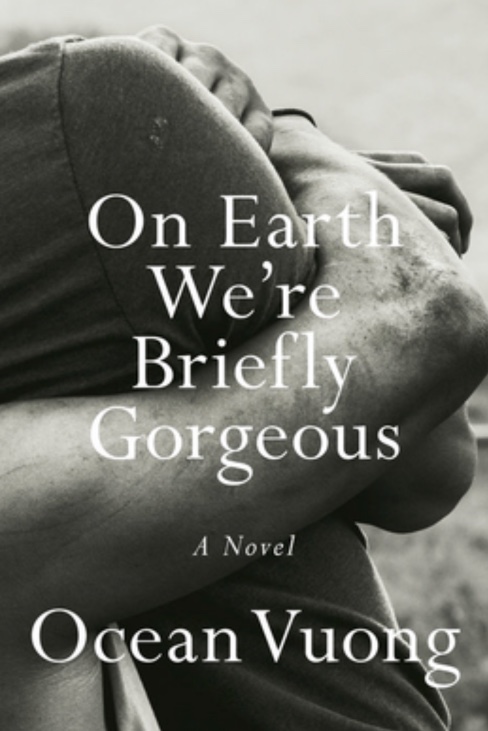No Longer human
by
Max Lee
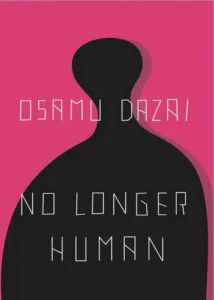
No Longer Human is told in the form of notebooks left by one Ōba Yōzō, a troubled man incapable of revealing his true self to others, and who, instead, maintains a facade of hollow jocularity.
The work is made up of three chapters, or “memoranda”, which chronicle the life of Ōba from his early childhood to his late twenties. Categorised as semi-autobiographical fiction, the plot is based much on Dazai’s own life that was spent battling depression and severe anxiety.
There are myriad similarities between the narrator’s life and Dazai’s own, such as how, like Yozo, Dazai neglected his studies and took interest in Marxism, prostitutes and alcohol. In addition, both were born in aristocratic families yet felt guilt about being granted such privilege. Most strikingly, both survived after an attempted suicide by drowning in a beach in Kamakura.
This novel is one of my favourite books of all time and is filled with dark franticness and insights that parallel Dostoyevsky’s “Notes from the Underground”. Dazai uses the theme of alienation to create a novel that is almost unbearably “human”, evocatively tearing apart the veil of fictions we delude ourselves with to not acknowledge the depths of depravity inherent in reality. In his pursuit to achieve the solidarity of human subsistence, the narrator paints the undertones of existentialism through creating a portrait of alienation and societal crippling. Despite Yozo’s nihilistic perspective on society, as well as his cowardly and rather inhumane behaviour all throughout the book, Dazai effectively evokes pity and empathy for his character. His alienation from society vividly highlights the superficiality and convoluted nuances of mankind.
“People talk of “social outcasts.” The words apparently denote the miserable losers of the world, the vicious ones, but I feel as though I have been a “social outcast” from the moment I was born. If ever I meet someone society has designated as an outcast, I invariably feel affection for him, an emotion which carries me away in melting tenderness.”
As Yozo becomes more and more isolated from society, he begins to realise that society is no longer something collective but instead something individualistic, thereby posing the striking question : “What is society but an individual?” This alludes to Dazai’s own disdain at the modernization of Japanese society after its emergence from the Second World War, seeing that he points out the alienation of those deemed unprofitable and meaningless (or rather, what he defines as no longer human) by the mass majority. What is perhaps more alarming to note is that upon completing this novel, Dazai himself committed suicide. This undoubtedly casts an incredibly ominous shadow on the many themes of alienation and suicide discussed in the book.
Though this is not a book suited for everyone, it is no doubt an exceptional read filled with many thought provoking discussions on isolation from society and from our own selves.

